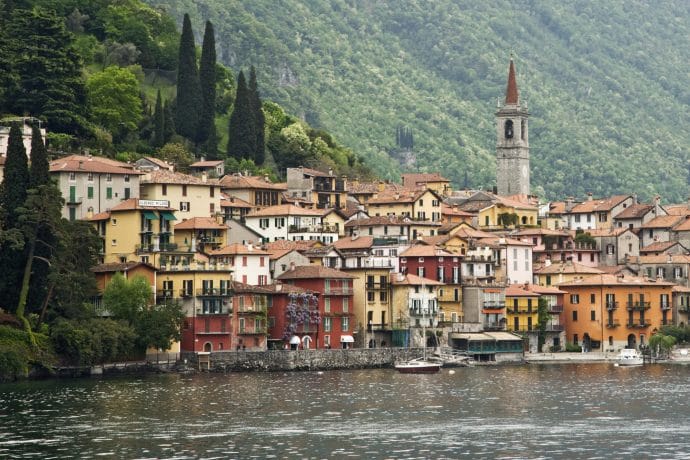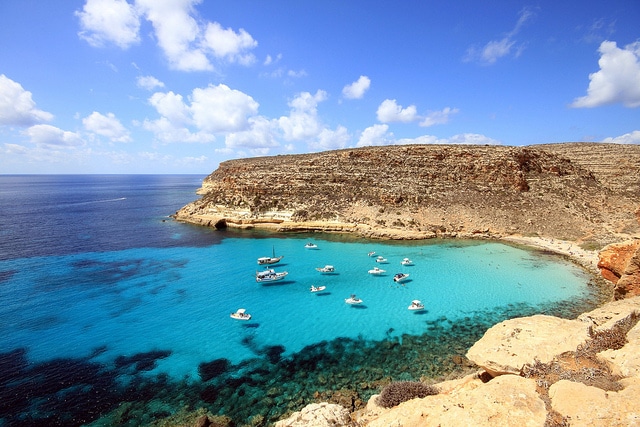Hallgrimskirkja, Iceland
Built between 1945 and 1985, this church is one of the largest structures in Iceland, and visitors can take a lift to the top of the tower to view the city and the Icelandic mountains that surround it.

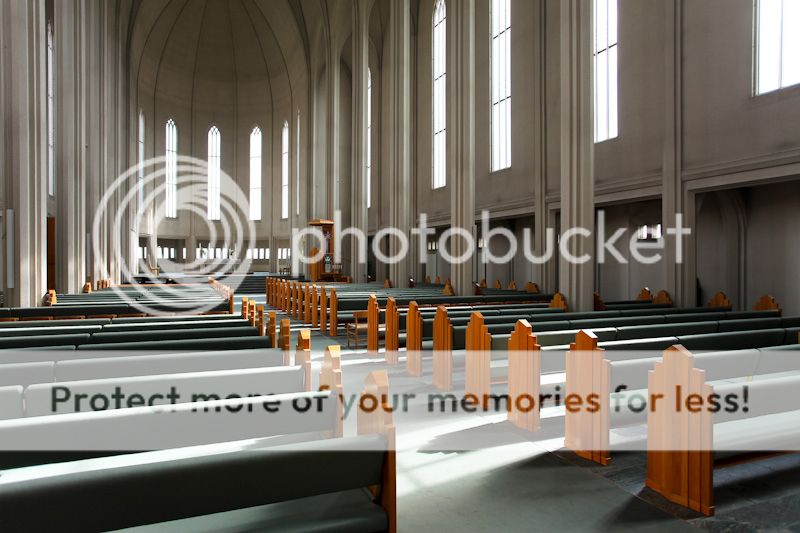
Sedlec Ossuary Chapel, Czech Republic
Known as the church of bones, the chapel was built centuries ago in the middle of a graveyard, and the interior is decorated with the bones exhumed from mass graves during construction. The ossuary contains the bones of thousands of people, and the pièce de résistance is a huge chandelier containing at least one of every bone in the human body.
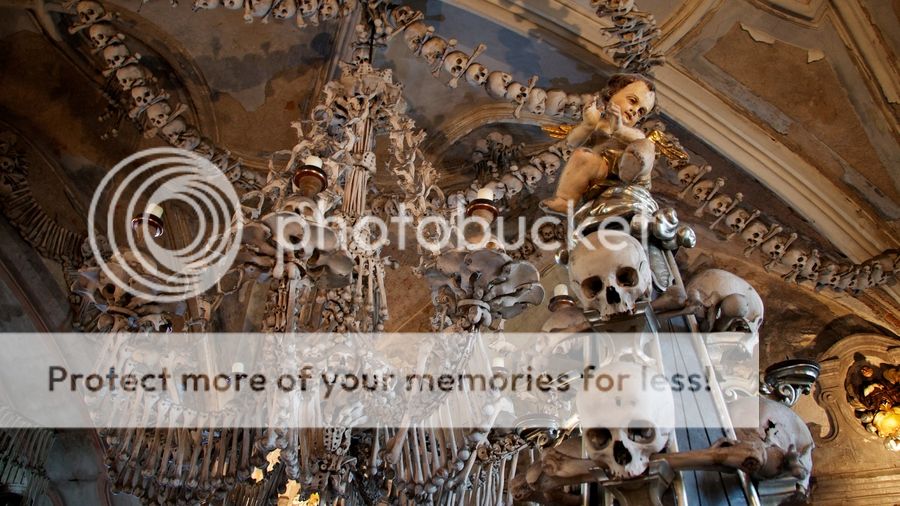
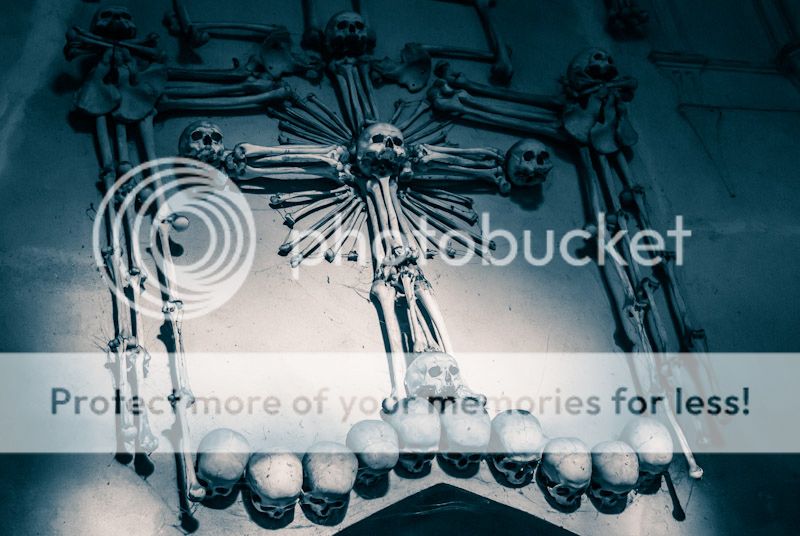
Harajuku Church (Ciel Rouge), Tokyo, Japan
Built in 2006, this futuristic protestant church was designed in seven adjoining parts which represent the seven days of creation. Flashes of light enter through gaps in the roof structure and highlight the white interior and its flashes of bold colour, apparently like light from heaven.
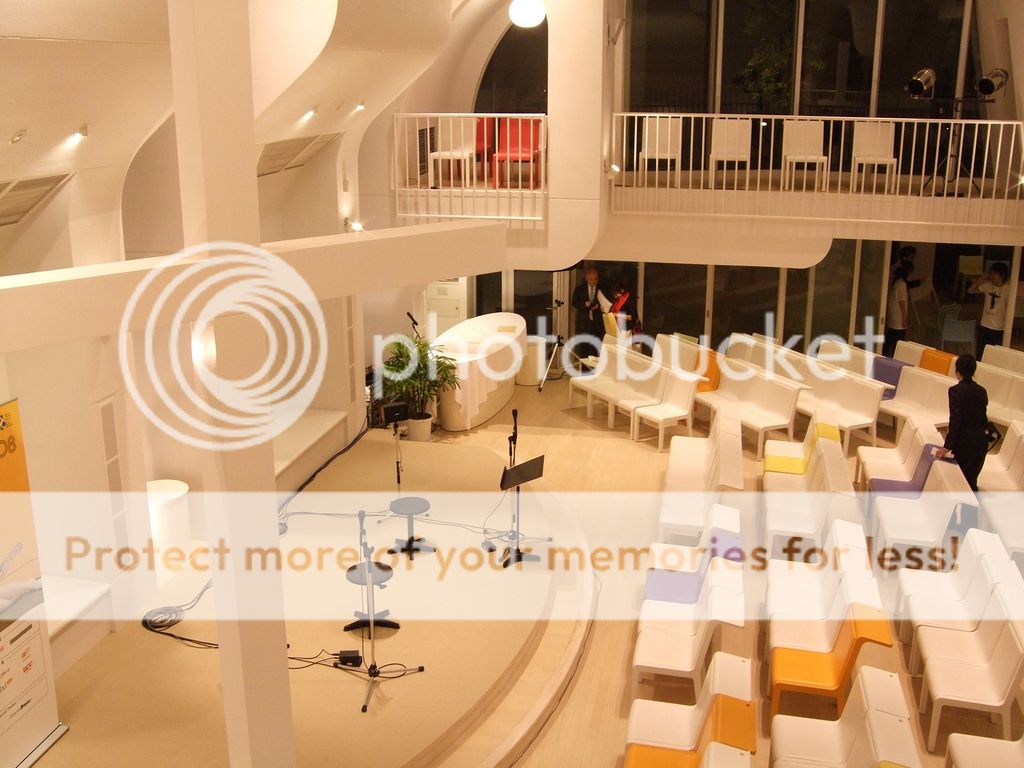

Borgund Stave Church, Norway
This 12th Century church was built with wooden boards for the walls, which are known as “staves”. It contains several inscriptions of ancient runes written inside and so has been given ‘protected’ status by the Norwegian government as an ancient site, and is no longer used for worship.
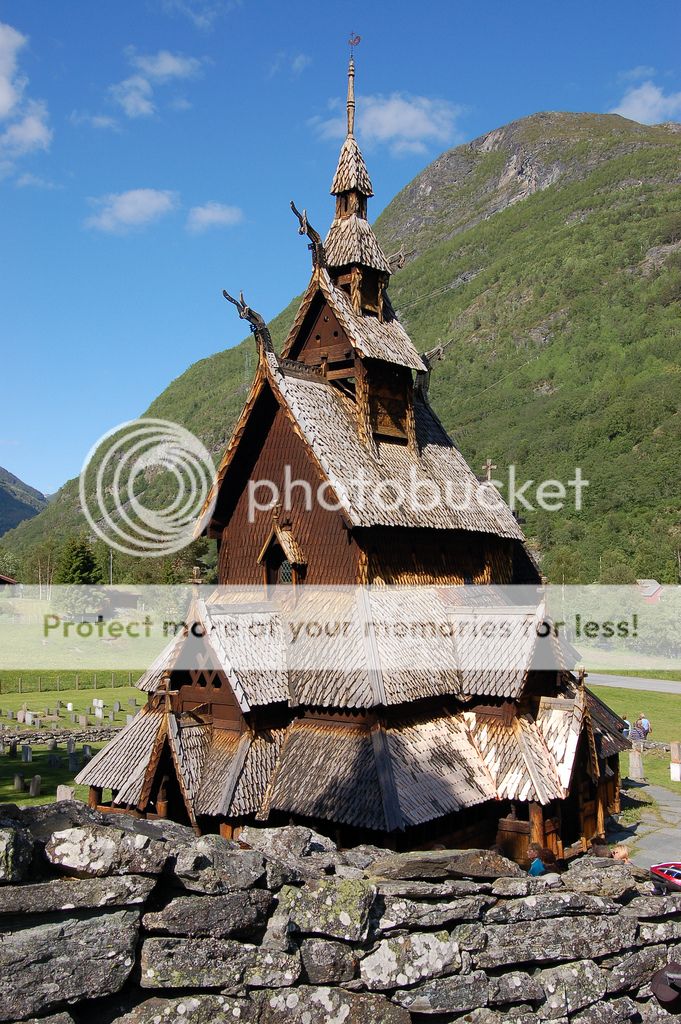

Duomo, Milan, Italy
This is one of the largest cathedrals in the world, and took over six centuries to build from start to finish. As its construction changed hands many times, the style and quality varies significantly from one section to another. Its gothic details were finally finished in 1965. Its most famous mark is the spire topped with a statue named Madonnina, which at the time was the tallest structure in Milan. Today, taller buildings add a replica of the statue at the top of their buildings make sure she is still at the top of the city.

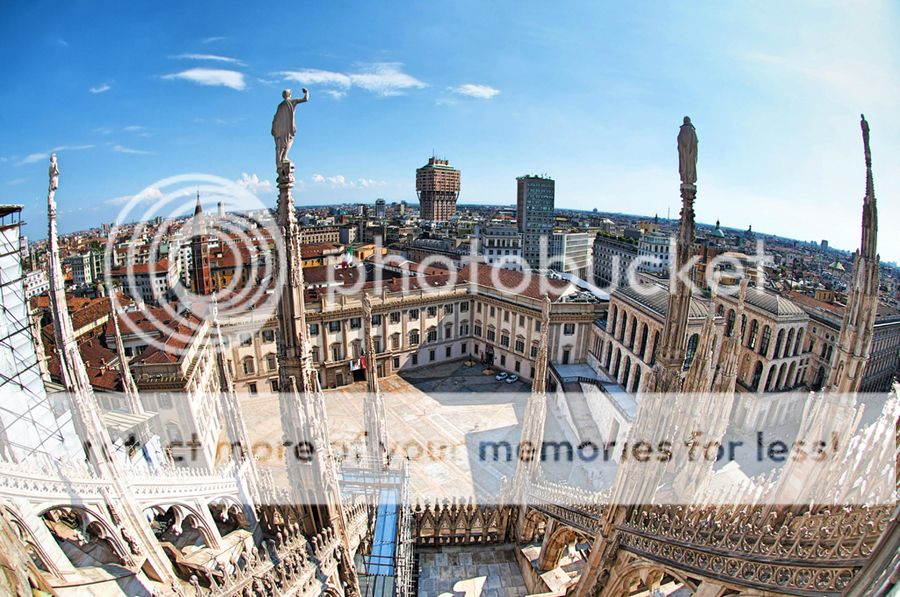
Las Lajas, Colombia
This gothic-style church was built in 1949 on the site of a shrine dedicated to the Virgin Mary. According to legend, centuries ago, a woman and her mute daughter took shelter in a cave there from a storm, and when the Virgin Mary appeared, the daughter spoke for the first time in her life. People made pilgrimages to the site after that to ask for their own miracles.

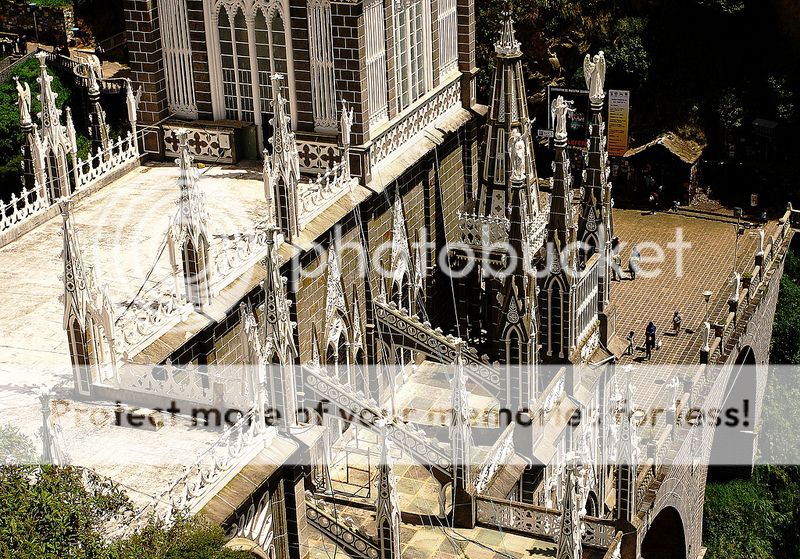
St Joseph, Chicago, USA
This Ukranian Greek-Catholic church was completed in 1977 and sports 13 gold domes, to represent the 12 apostles and Jesus, who’s in the middle. The church is built in the modern Cossack style, and contains many byzantine frescoes.
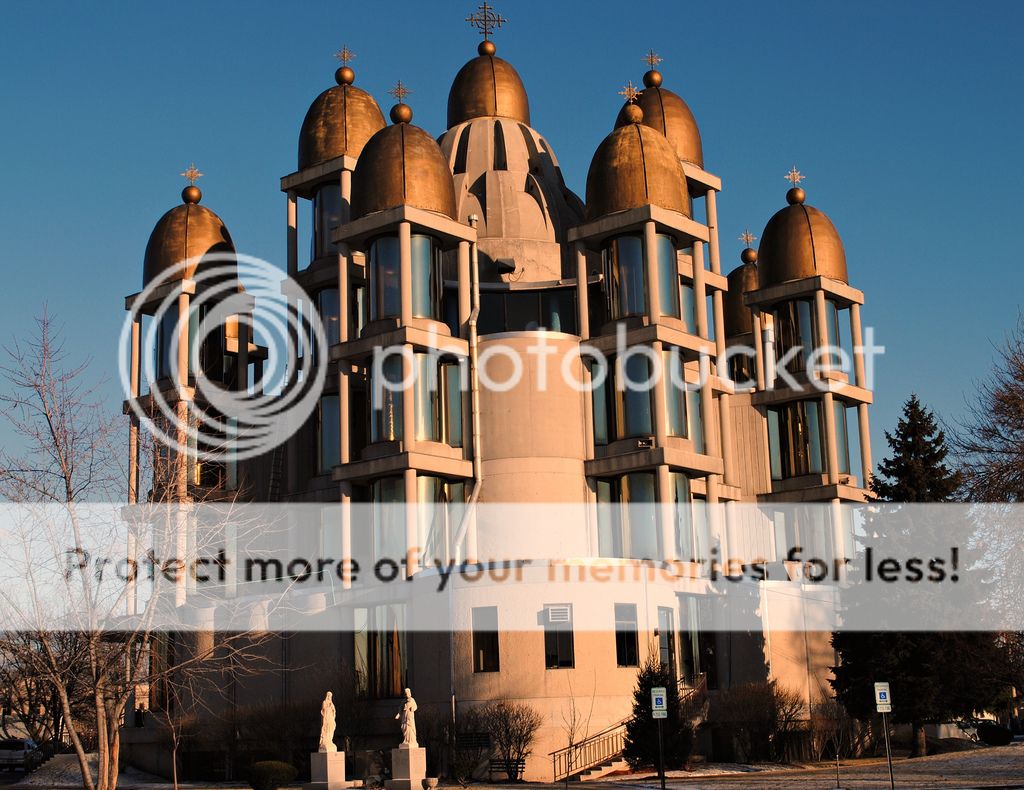

Chapel of St Gildas, Britanny, France
This chapel is built into the bottom of a limestone cliff, and is said to mark the site where an Irish priest lived when he came to preach Christianity to the local pagan population in the 6th century.

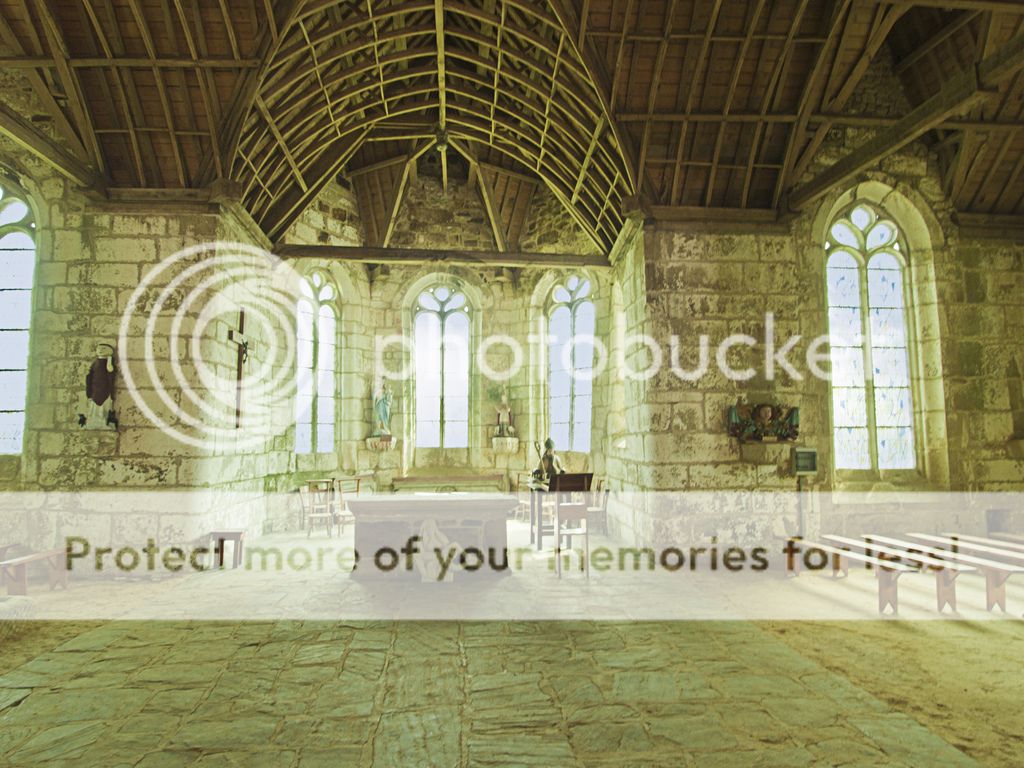
Saint Basil’s Cathedral, Moscow, Russia
Built in the Red Square, right in the centre of Moscow, this Russian Orthodox church was built in the 16th century upon orders from Ivan the Terrible. It has 9 domes, known as onion domes, and two spires in varying shapes, sizes and colours. Its style origins are disputed as no other building like it exists in Russia or Russian history.
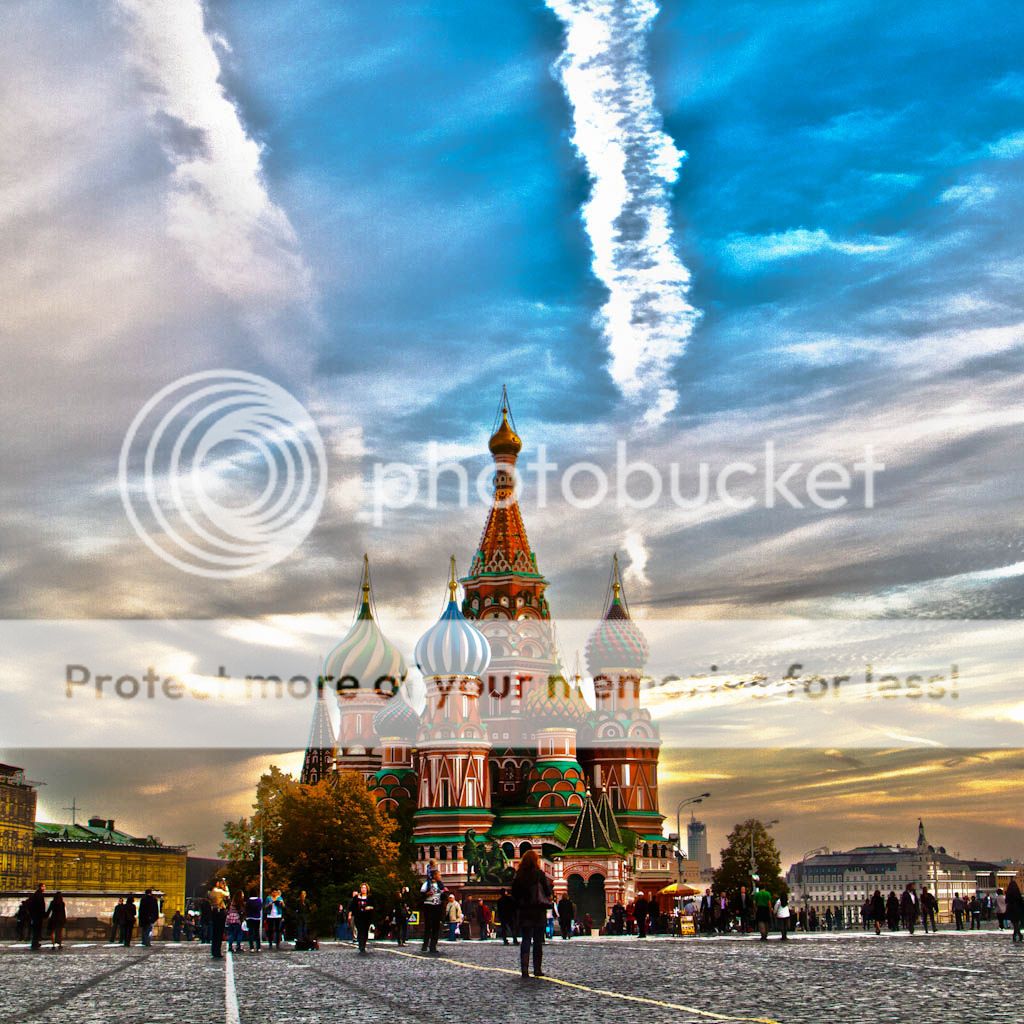

Temppeliaukio, Helsinki
Opened in 1969, this church is built in the space excavated under Temple Square, with natural light coming in from a ground-level glass dome. The bare rock walls were left untouched not just as a style feature but also to help with acoustics, as it is often used for concerts.

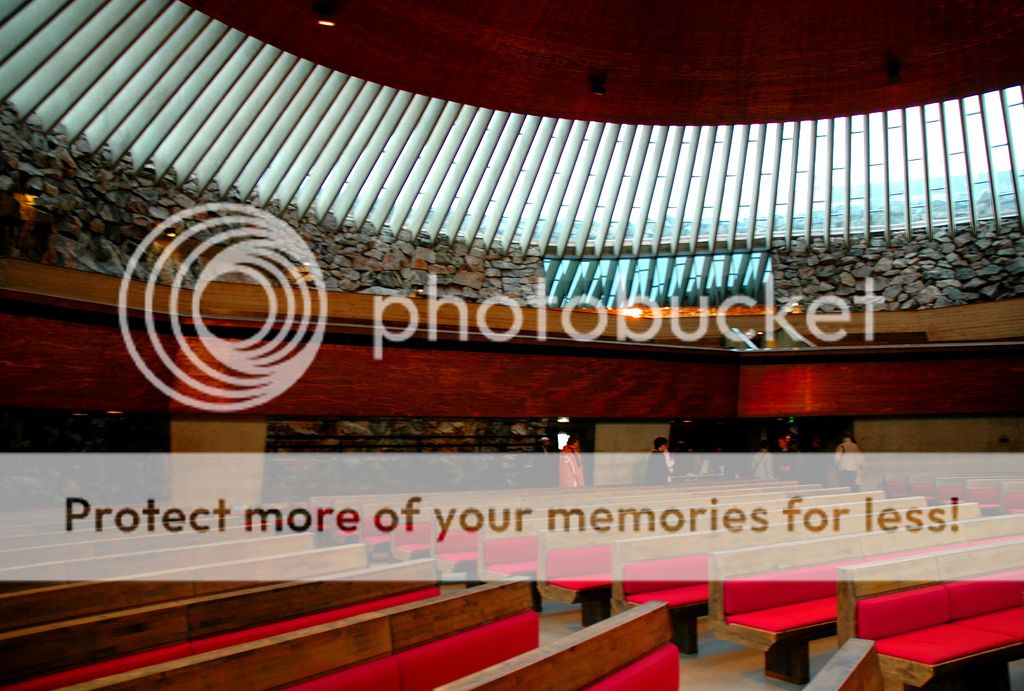
Cathedral of Brasília, Brazil
This Roman-Catholic cathedral was completed in 1970 and is made from 16 concrete columns weighing in at 90 tons each. Its hyperboloid shape with a glass roof points up to heaven, but this structure actually gives the church terrible acoustics, distorting the noise of sermons and songs, and so is not often used at the moment. If you are planning a trip to Brazil and Cathedral of Brasilia is one of your stops, make sure you check out Expedia for the best deal on travel accommodations.
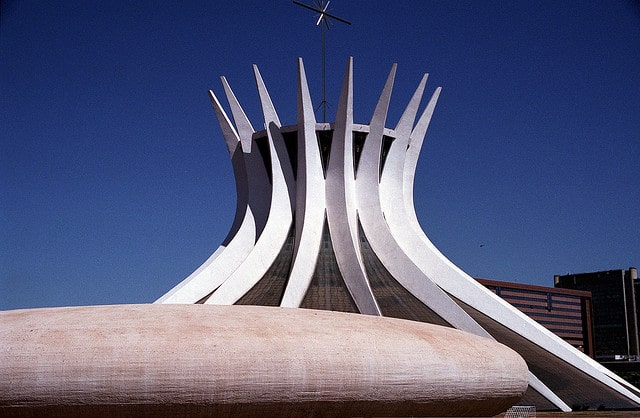
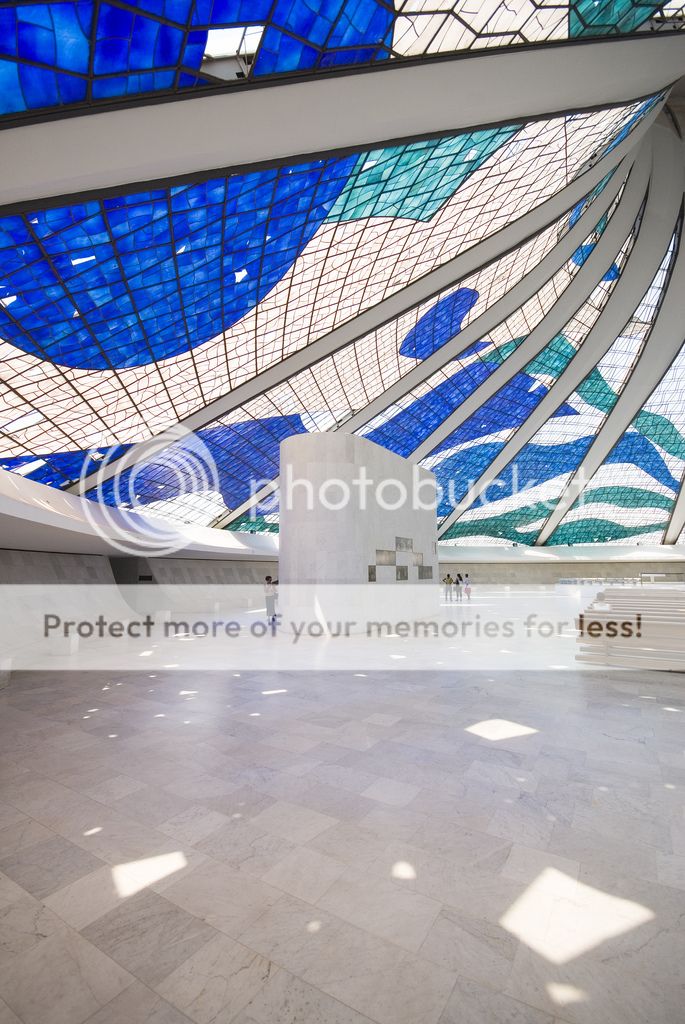
Portland Oregon Temple, USA
This church is used for worshipping the latter day saints, and features six white marble pillars with a green slate roof and green marble decoration. Despite many attempts to block planning permission for the site in the 60’s, the church is today very popular.


Sagrada Família, Barcelona, Spain
This Roman-Catholic cathedral is dedicated to the sagrada família, which means “holy family” in Catalan. Building work started in 1882 and is one of the most famous works of the architect Gaudí. It combines Gothic and Art Nouveau forms, and is still currently unfinished. The final date set for completion is 2026, which will be 100 years since Gaudí died. At that time, he had finished only around a quarter of the cathedral. His original plans called for 18 spires, but only 8 have been built so far.
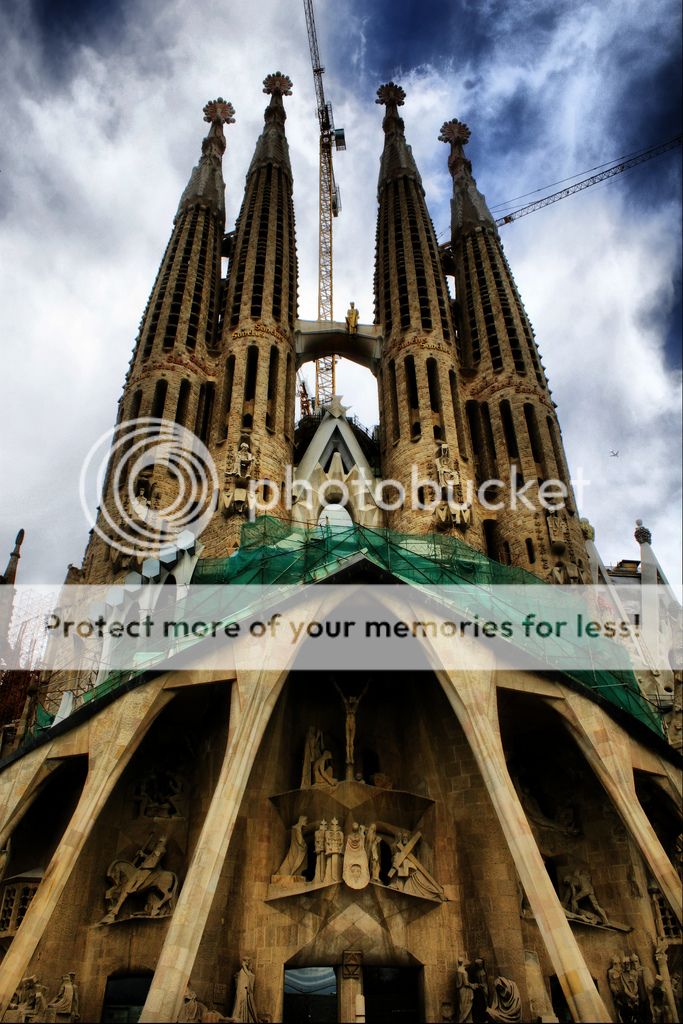
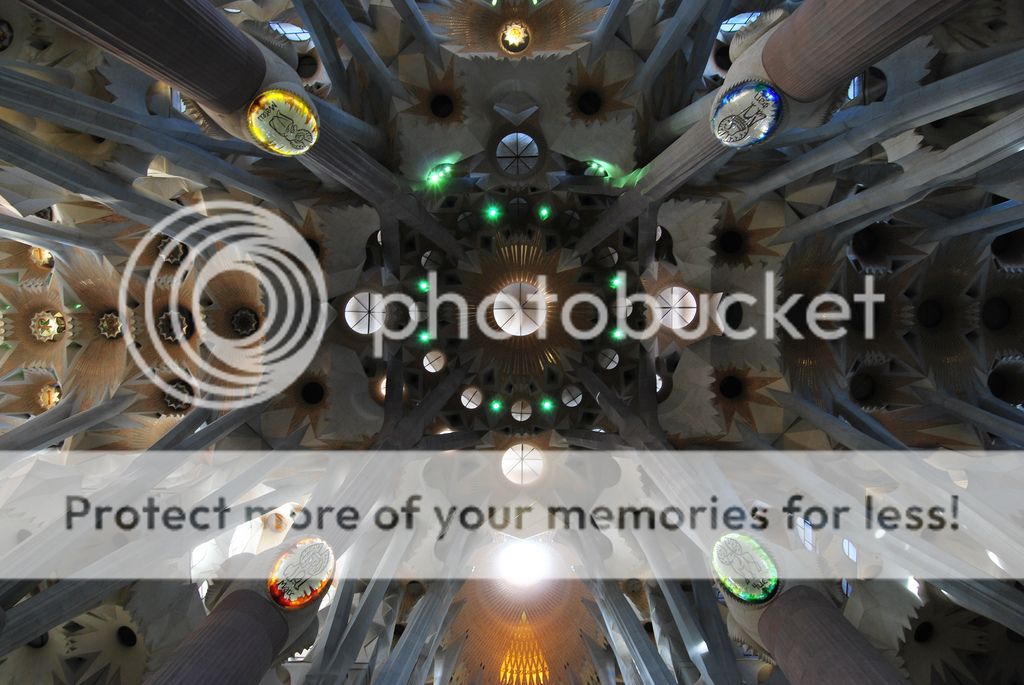
Basilica de la AltaGracia, Higüey, Dominican Republic
Built by the Spanish colonial forces in the 16th Century, this sturdy stone building has a strong bell tower and a shell-shaped dome positioned over the high altar. The church contains many priceless religious artefacts, such as sculptures and crowns in gold and silver emblazoned with precious stones and gems.
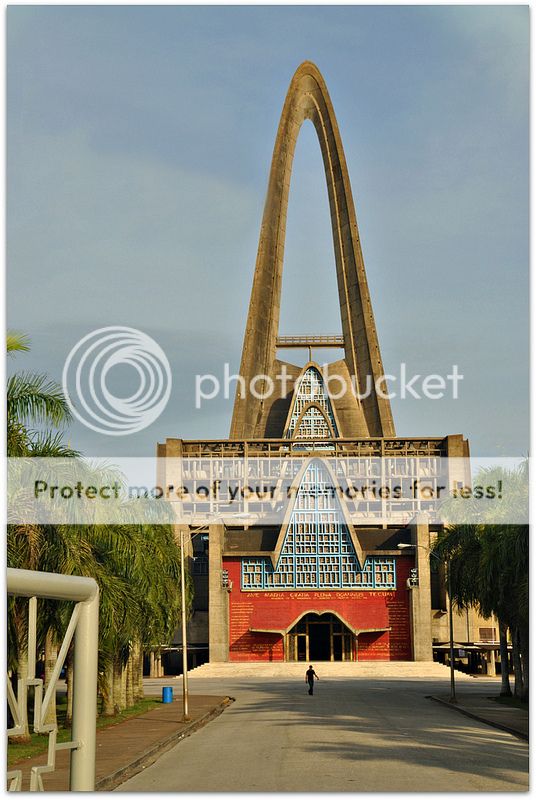
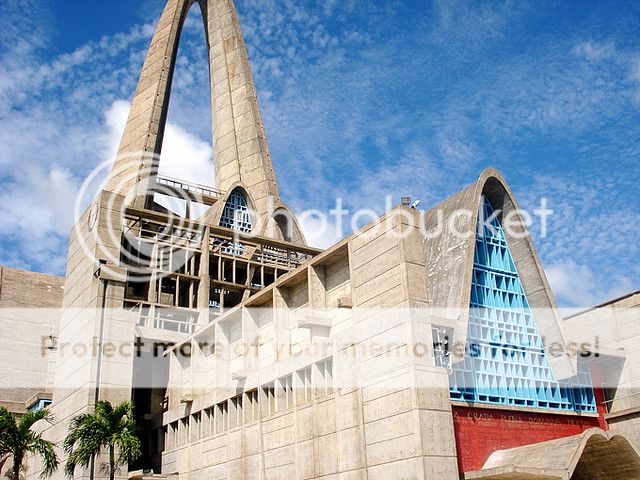
Church of St Maximus, Katskhi, Georgia
This church is built at the top of a 40m high limestone monolith, and was until recently a ruin from the Middle Ages. It had not been visited in centuries, in fact the first documented ascent to the church in modern times was in 1944, and a crypt and a wine cellar were discovered underneath the building. In 1995, a local monk called Maxim built an iron ladder to the top, nicknamed the “stairway to heaven”. The church was restored not long after, and Maxim still lives there.
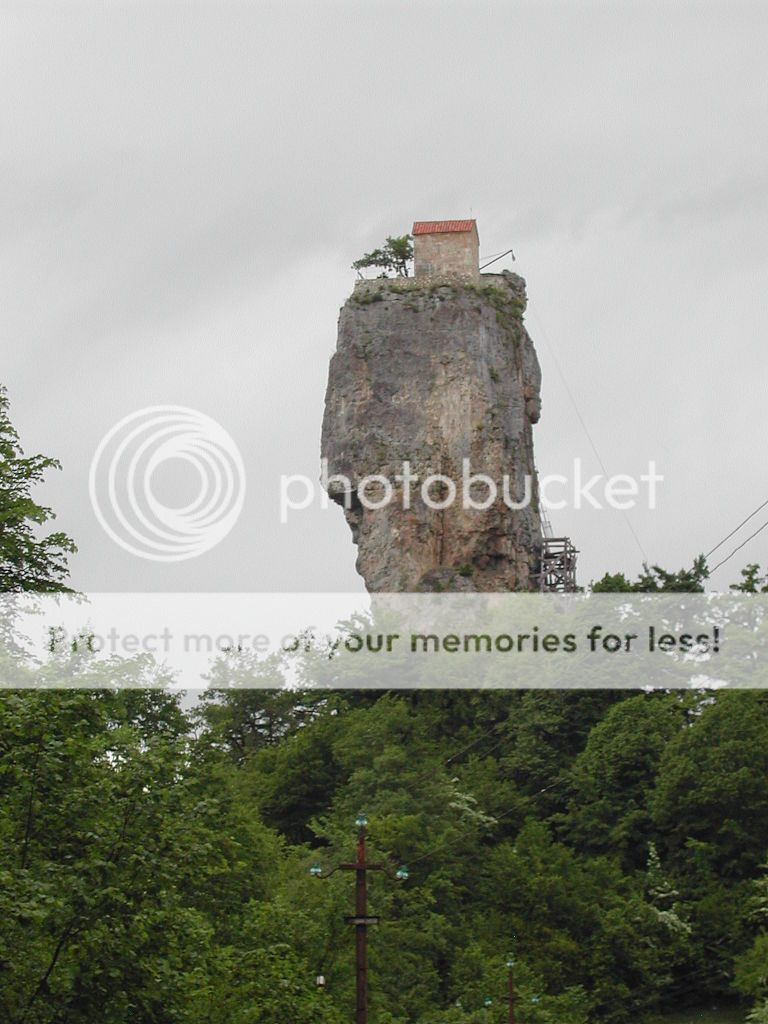

By: Emily Wassell










